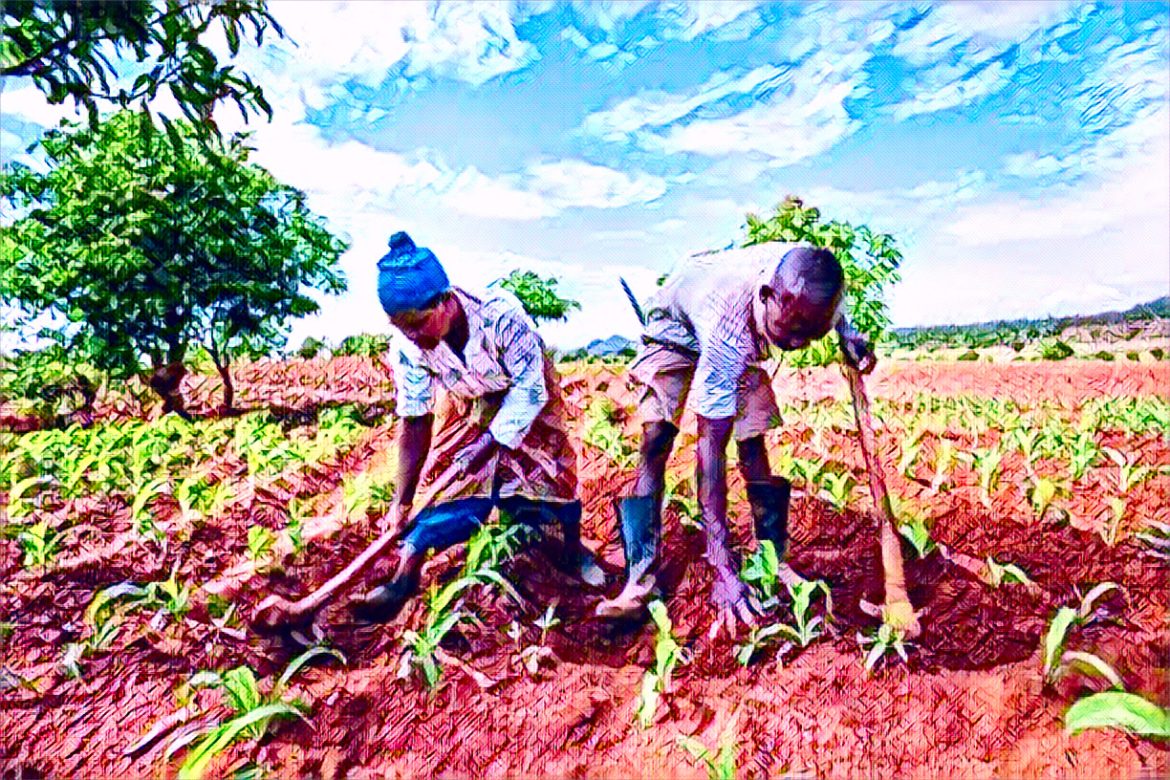Key Points
- Smallholder farmers are crucial but sidelined in Zimbabwe’s seed sector.
- Community seed banks conserve genetic diversity and empower local farmers.
- Government strategies aim to integrate smallholder farmers into national food security plans.
Smallholder farmers in Zimbabwe are being sidelined in the seed development sector, posing significant challenges to achieving national food security, according to the Community Technology Development Organisation (CTDO). Speaking at a workshop in Harare aimed at creating an enabling environment for farmers’ seed systems, CTDO Executive Director Andrew Mushita highlighted the pressing need for integrating smallholder farmers into the seed industry.
According to a report by Newsday, Mushita pointed to gaps in Zimbabwe’s seed regulatory framework that disproportionately favor large seed companies, many of which are now foreign-owned.
“The seed industry is dominated by big players like Seed Co, but most of these companies have been acquired by European entities,” Mushita said. “This leaves smallholder farmers with minimal opportunities to contribute to seed development.”
Gaps in Zimbabwe’s seed regulatory framework
Zimbabwe’s seed sector is governed by legal instruments like the Seeds Act (1971) and the Plant Breeders’ Rights Act (1979). These laws, however, favor large-scale commercial operations while leaving smallholder farmers, who often focus on traditional crops, with limited regulatory support.
“Most traditional crops lack adequate legal and regulatory frameworks,” Mushita explained. “This imbalance exposes smallholder farmers to vulnerabilities in a volatile seed market.”
To address these challenges, Mushita revealed that CTDO has implemented several initiatives, including the establishment of 30 community seed banks across the country. These banks aim to conserve and sustainably utilize germplasm to enhance food security and benefit-sharing among smallholder farmers.
Mushita also called for the creation of family seed enterprises to empower smallholder farmers in seed production, aligning seed quality with local cultural and social needs.
Government’s role in empowering smallholder farmers
Deputy Minister of Lands, Agriculture, Fisheries, Water, and Rural Development Vangelis Haritatos emphasized the government’s commitment to supporting smallholder farmers.
“The government has implemented transformative policies under the Agriculture and Food Systems Rural Transformation Strategy, guided by Zimbabwe’s Vision 2030 and the National Development Strategy 1,” Haritatos said.
He acknowledged the critical role smallholder farmers play in conserving plant genetic materials, including seed management, breeding, and sustainable utilization.
“Smallholder farmers are the backbone of Zimbabwe’s food security system,” Haritatos added. “Their contributions to seed conservation and production must be recognized and supported for the nation to achieve its agricultural goals.”
A path forward
CTDO and other stakeholders continue to advocate for a more inclusive seed sector, focusing on policy reforms and grassroots initiatives to empower smallholder farmers. The call for a balanced regulatory framework and increased government intervention underscores the importance of smallholder farmers in achieving sustainable food security for Zimbabwe.
By ensuring smallholder farmers have access to resources and support, Zimbabwe can build a resilient agricultural sector capable of meeting the challenges of a changing climate and growing population.


